At the 18th International Architecture Exhibition – La Biennale di Venezia the Georgian Pavilion presents “january february march”, a research-based exhibition about the artificially altered settlement in the Dusheti region of Georgia.
-press release

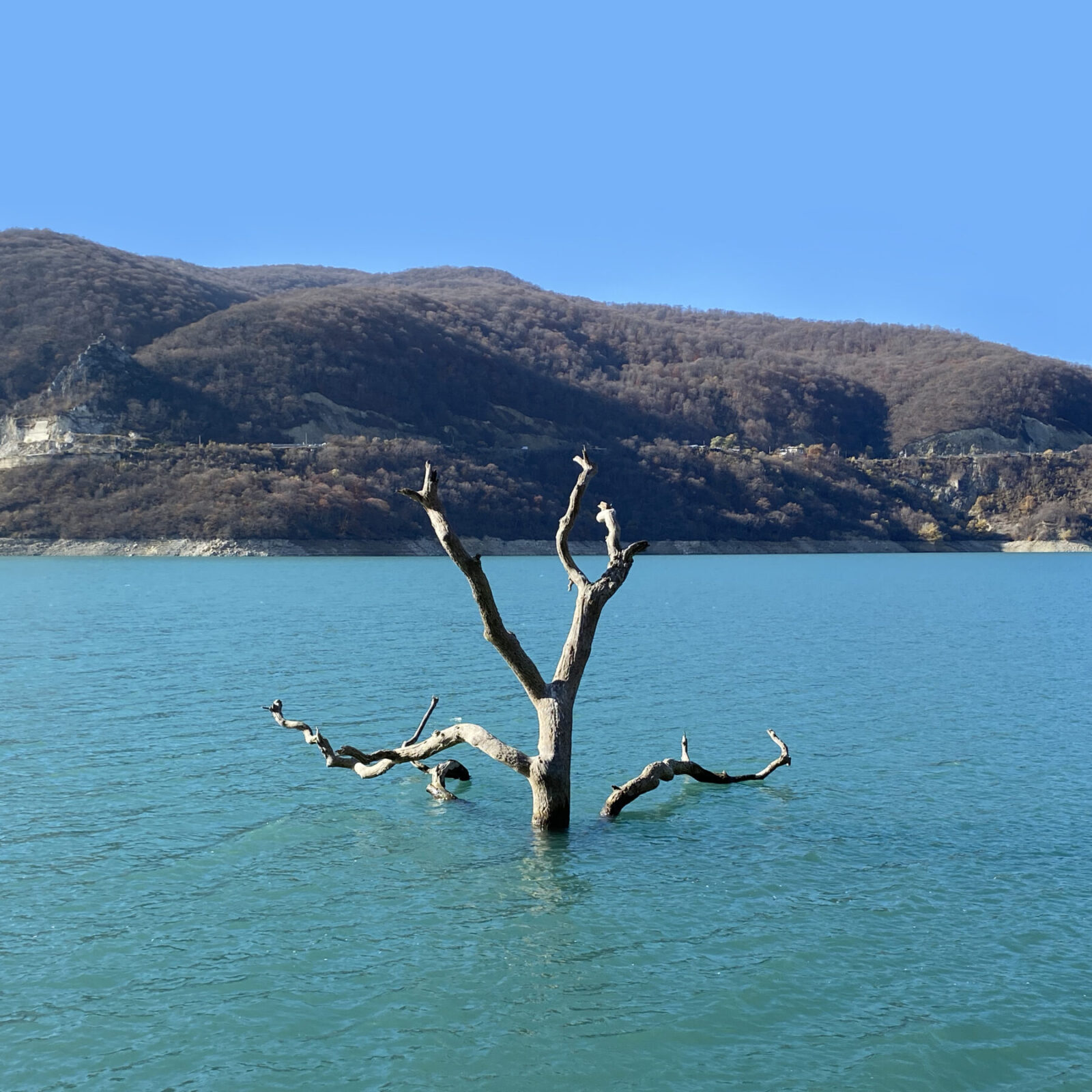

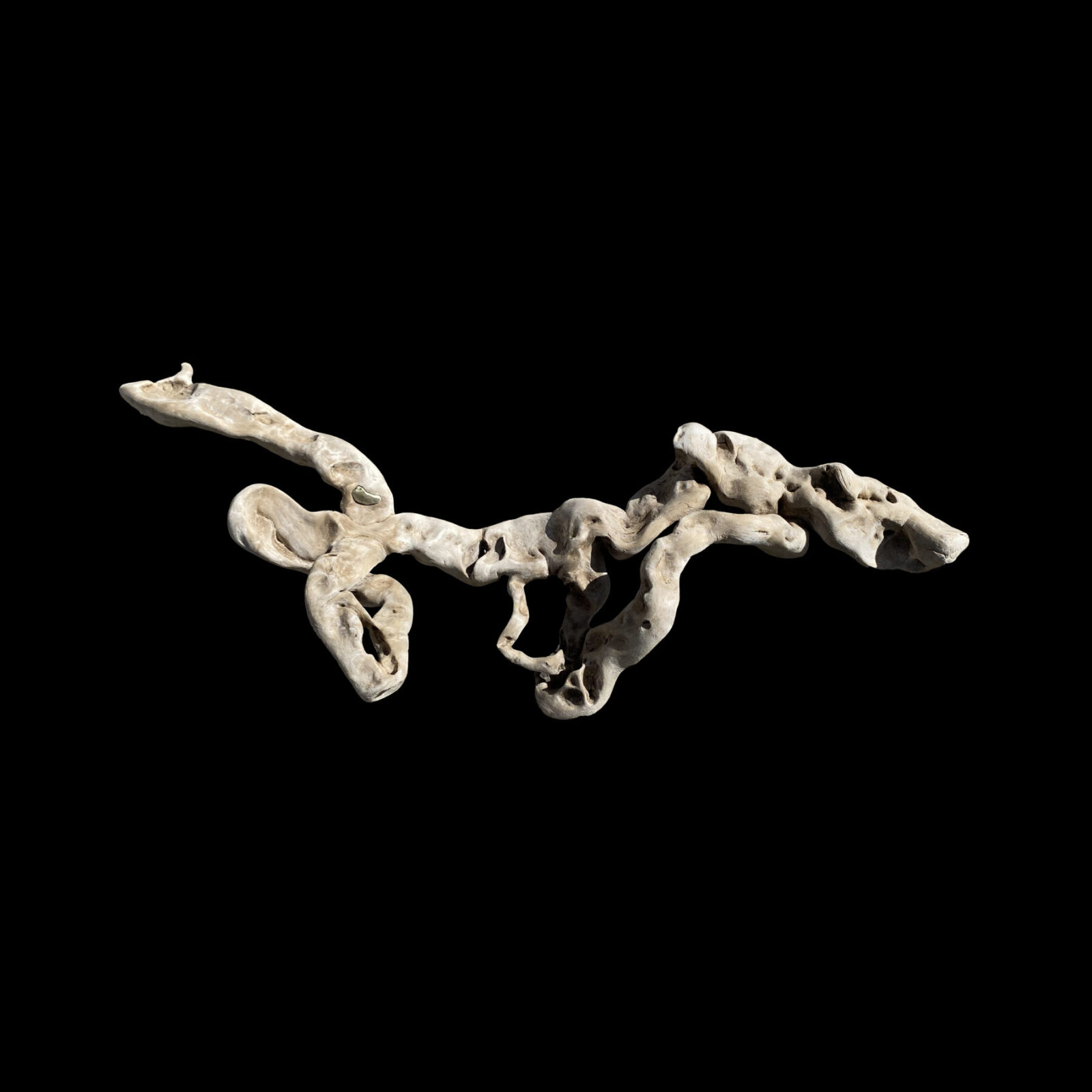
The project symbolically focuses on reservoirs, their creation, and their impact on ecological, urban, and demographic shifts in the age of rapid political transformations and climate change, exploring the relationship between the flow of time and energy.
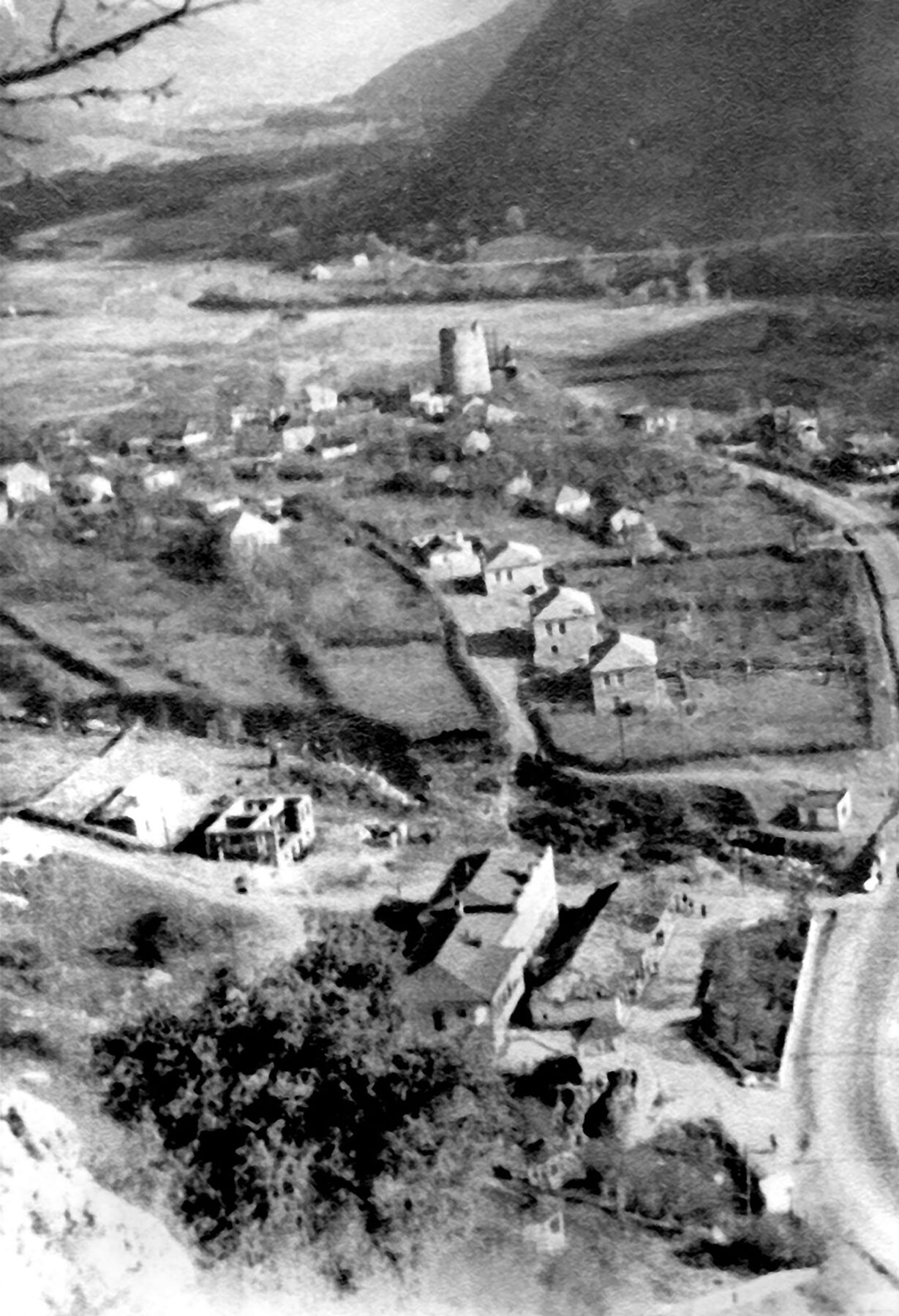
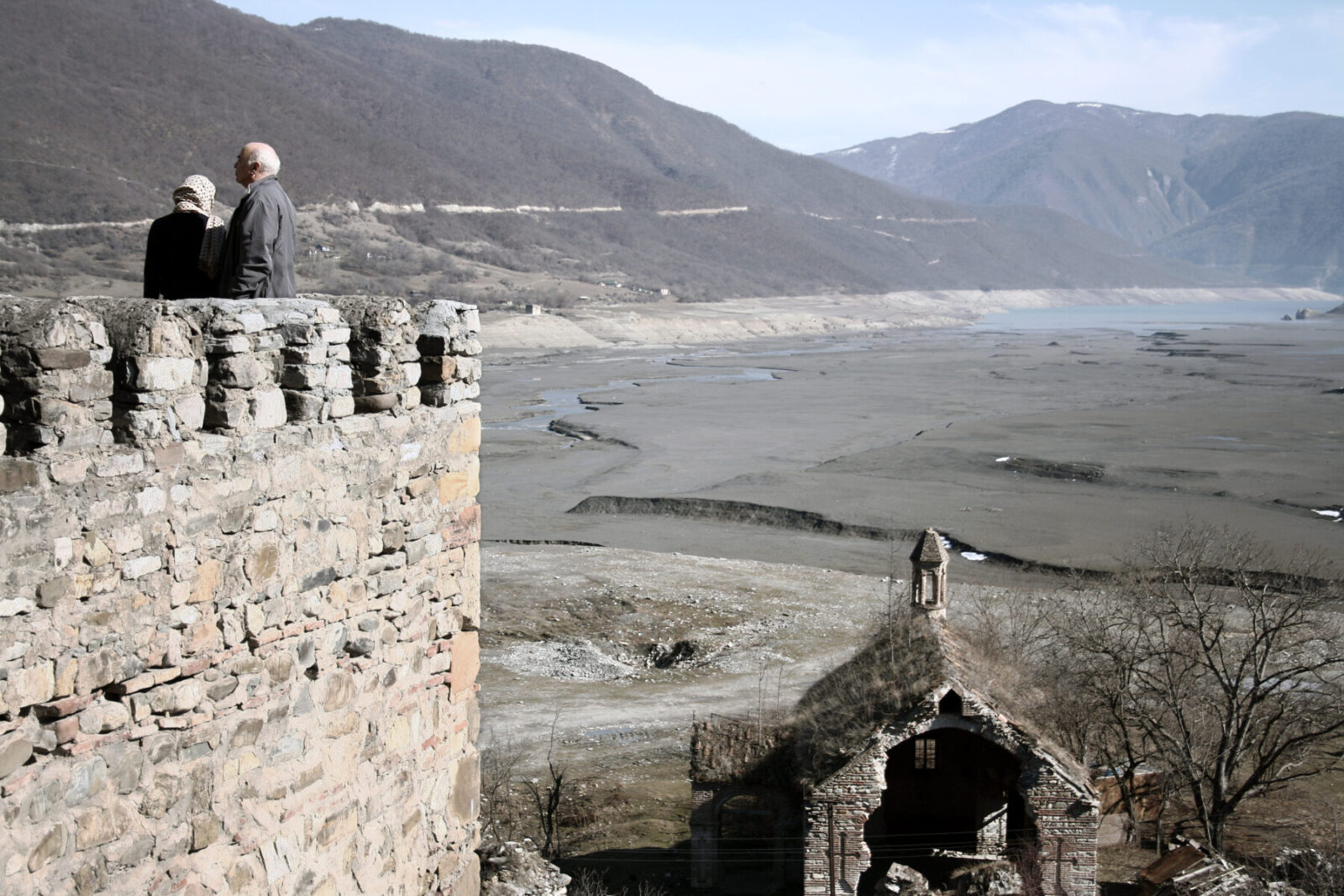
Energy, as a primal life force, and human methods of its consumption, distribution, and preservation – energy politics; temporality or permanence of such politics within the shared, historical reality.
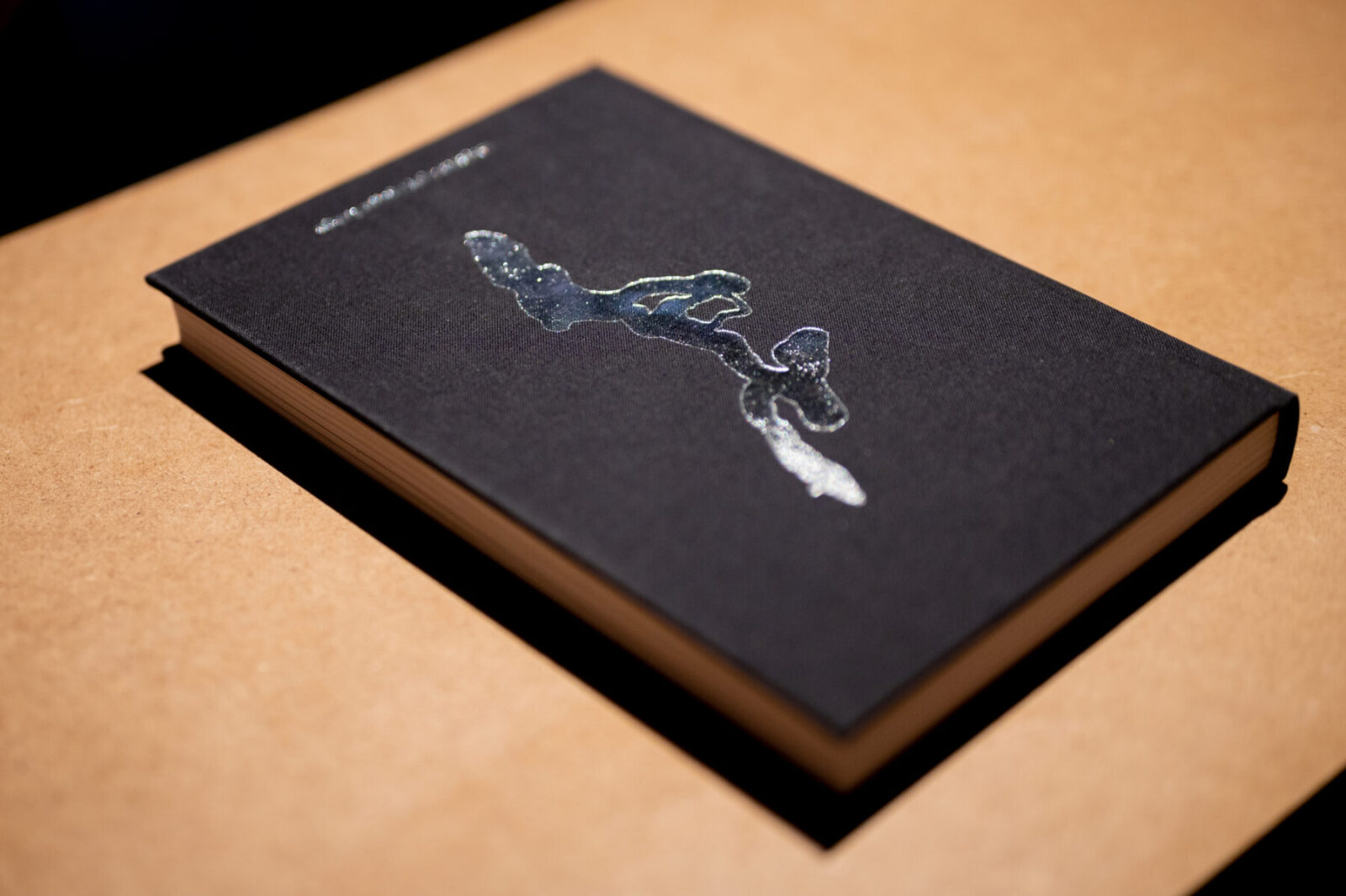
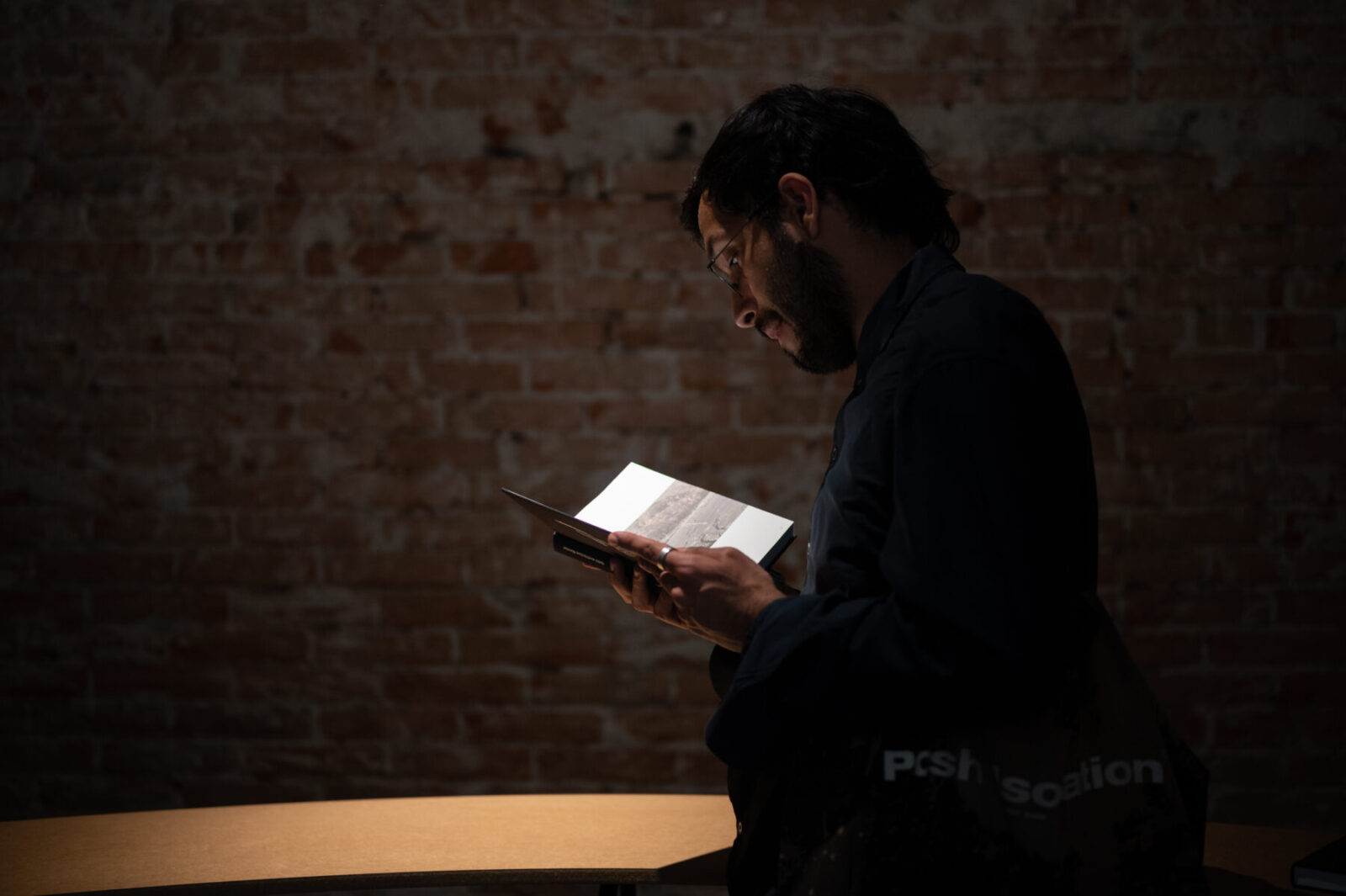
How temporary is our footprint on the environment?
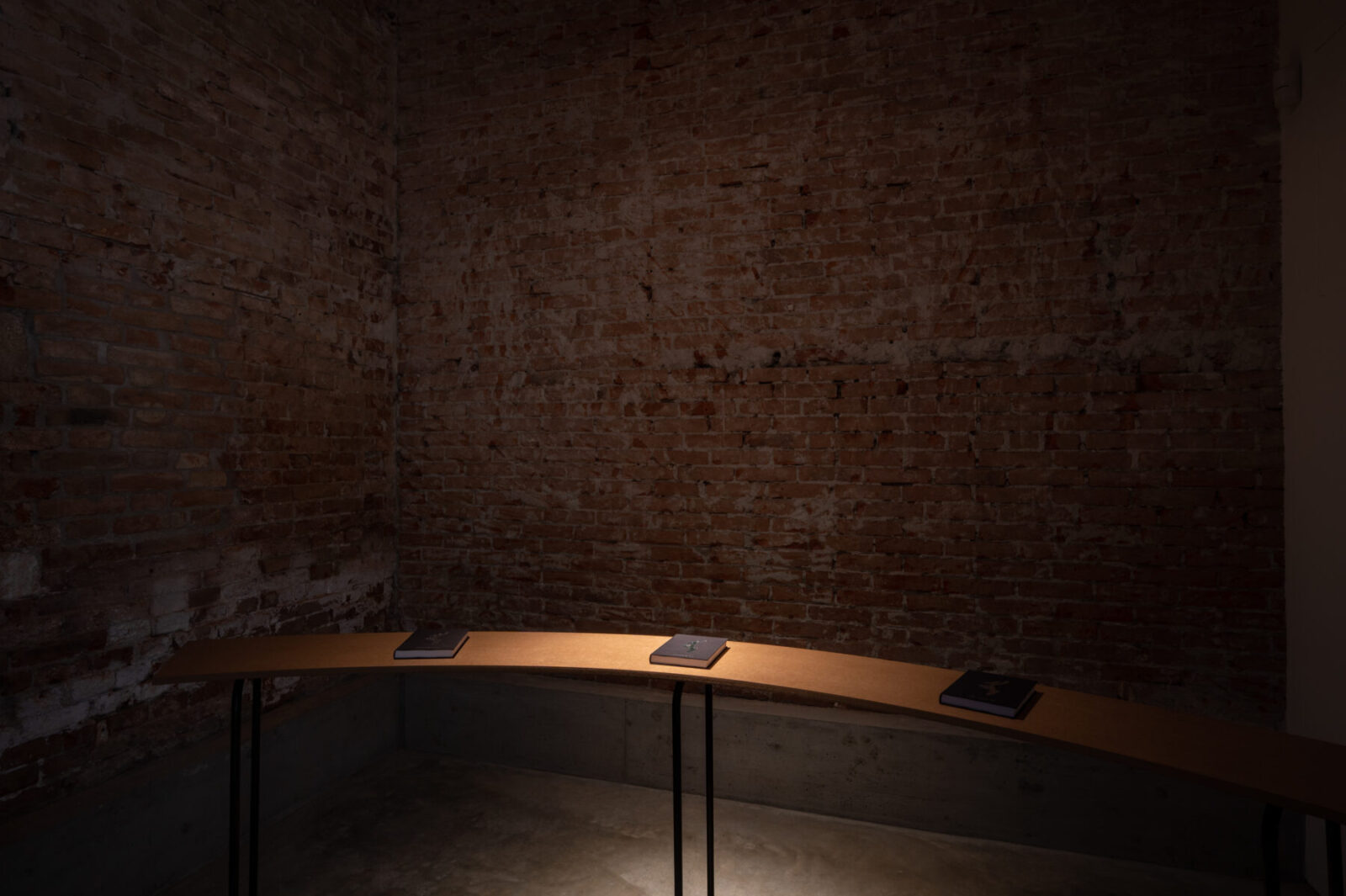
Can we analyze the water as a determinant of order? What type of flows do we speak of when we mention the flows of energy, migration, time, and the outflow of the landscape itself? What are the costs of disrupting an order or creating a new one? To what extent can the spatial-political development of humans bring changes in nature and society and vice versa?
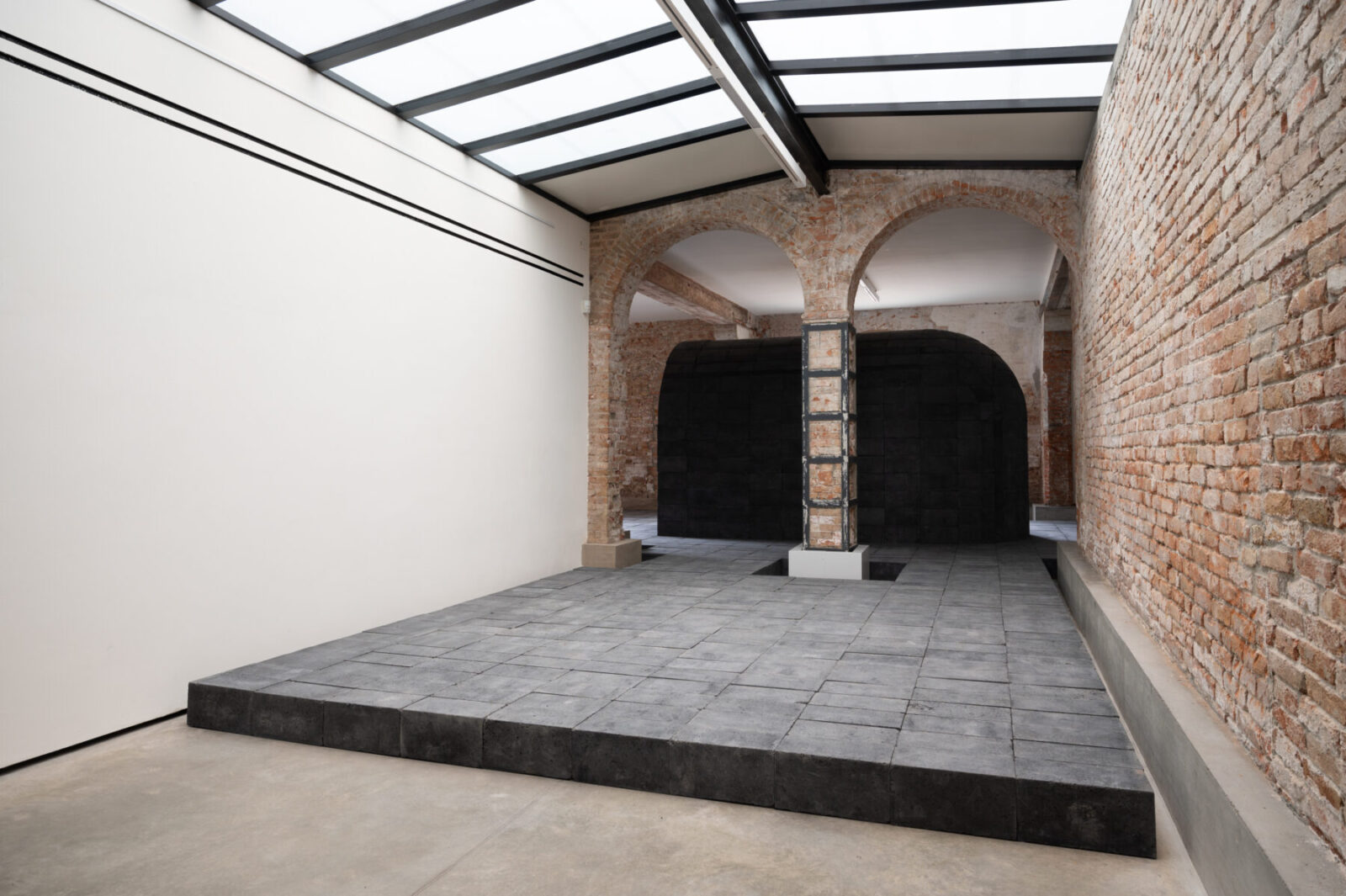
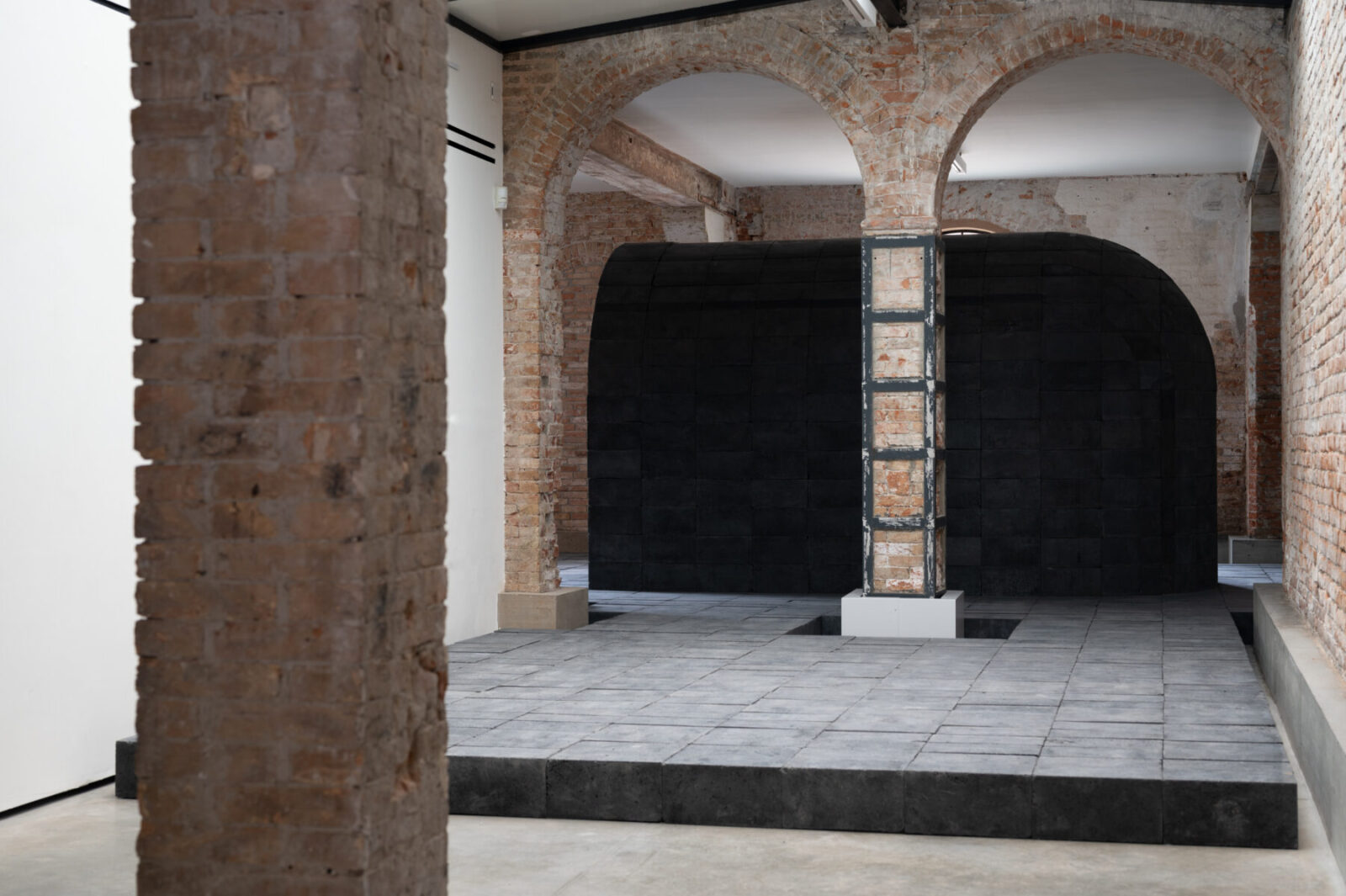
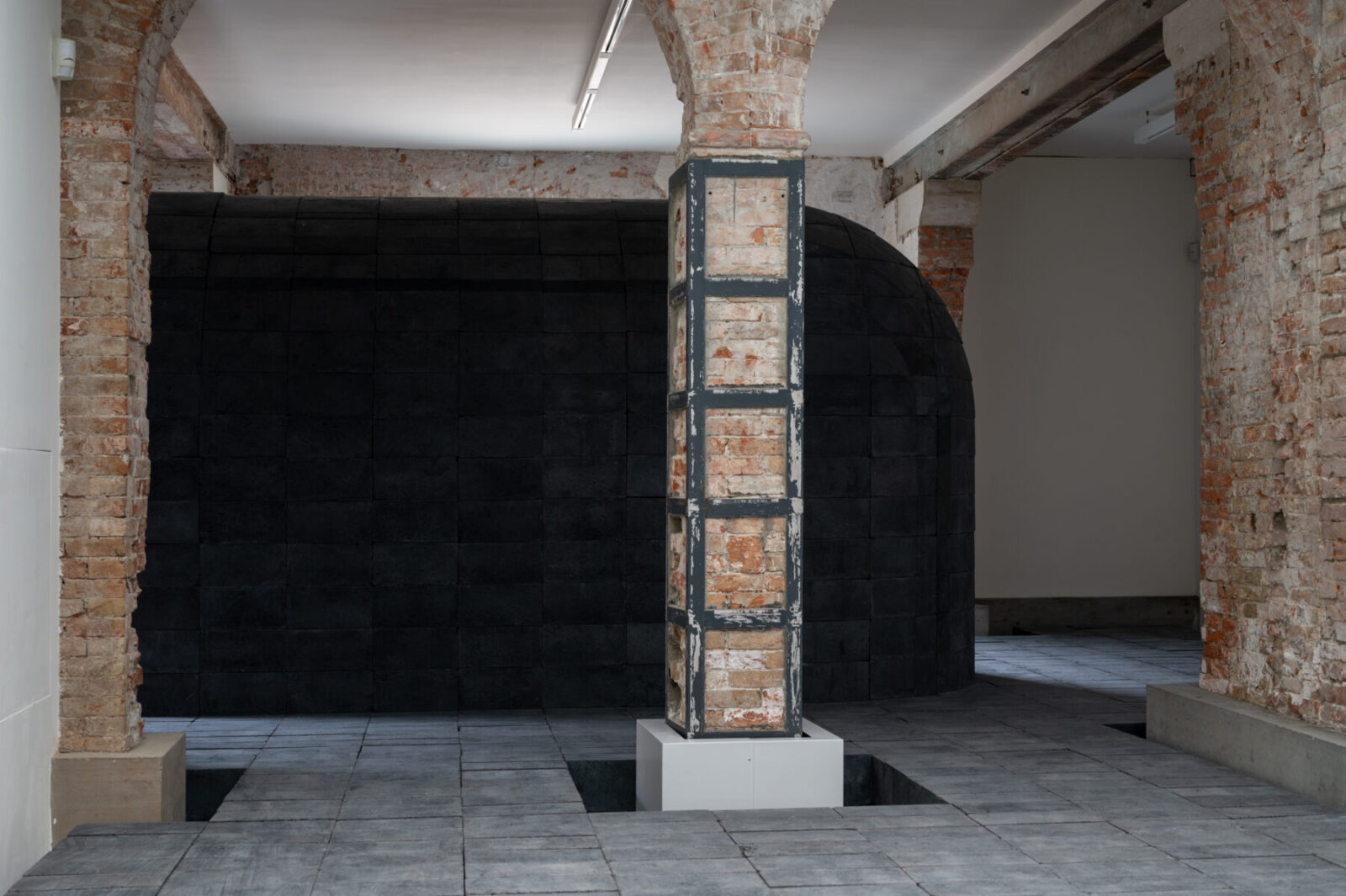
What physical and conceptual forms fade or remain with such transformations? Are the natural creations, their memory, history, and artifacts that signify their past life permanent? What will be the vestige of defining such places, and, above all – considering global and local contexts – what is their future?
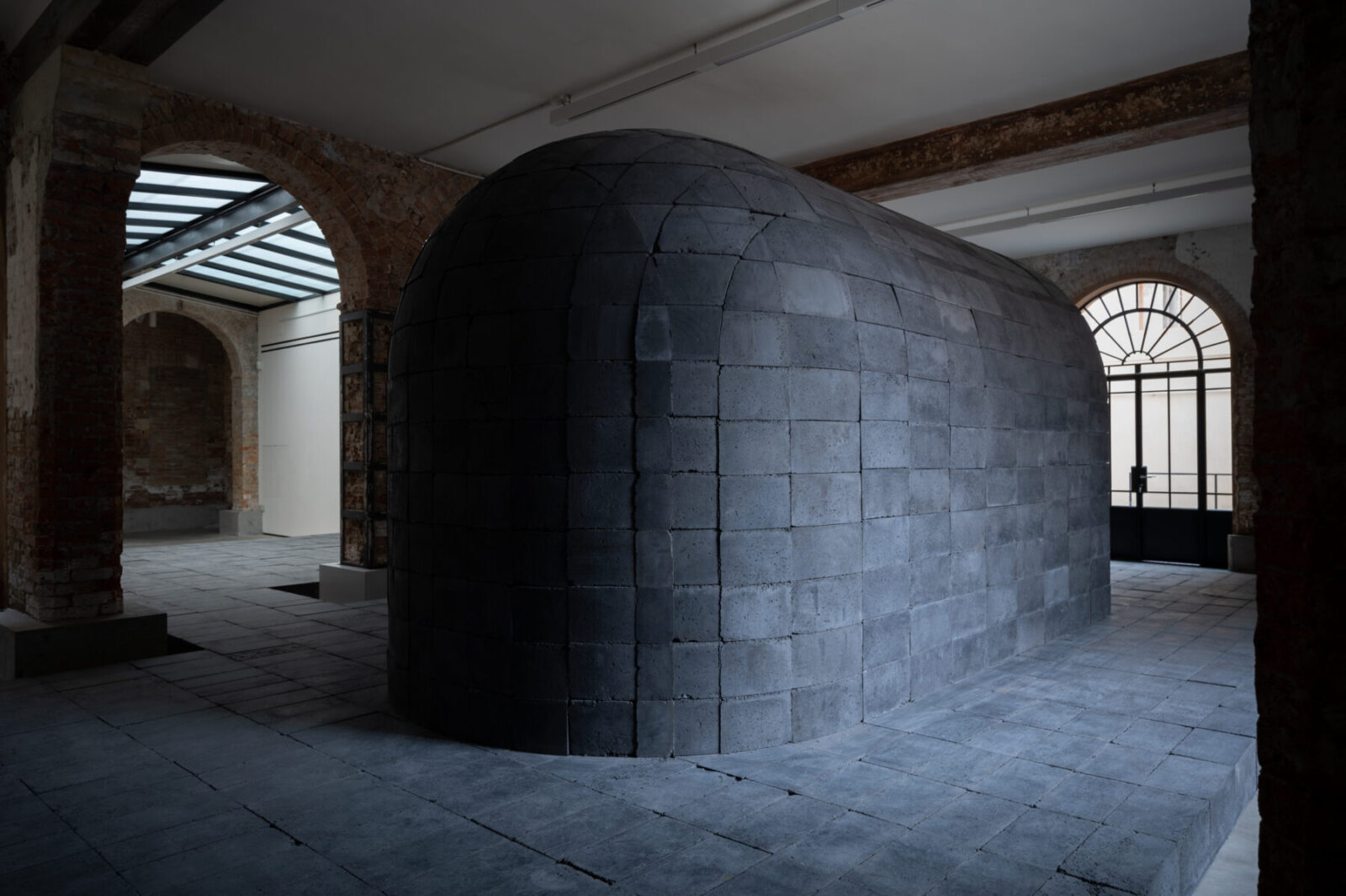
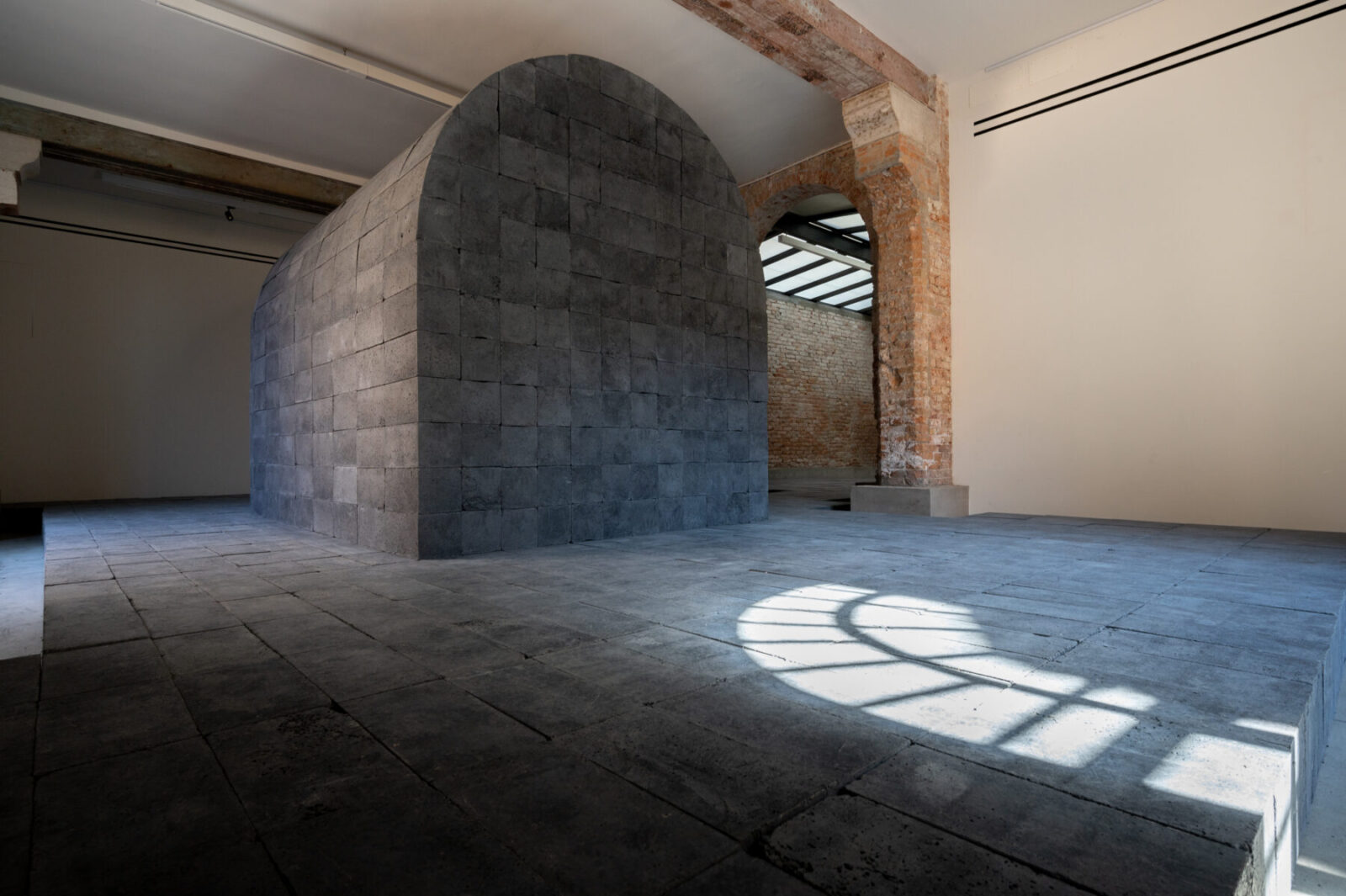
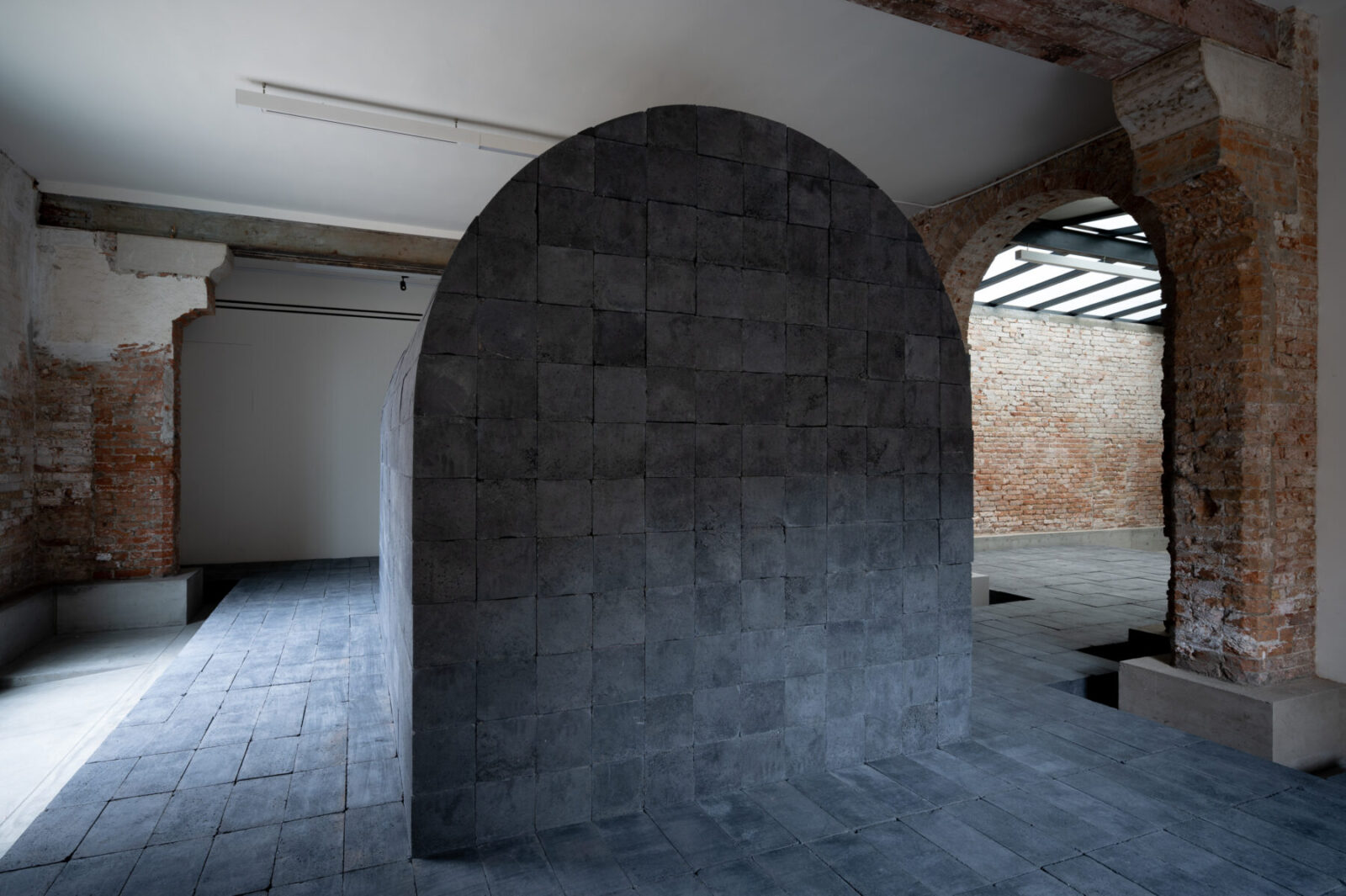
By 1985, the first unit of the hydroelectric power station was launched in Georgia, Dusheti region, between the Alevi, Gudamakari, and Kartli ridges. The plant, 11.5 km², is still substantial in generating electricity and Tbilisi’s water supply; however, due to its development, the village of Zhinvali was flooded completely, forcing the entire local population to migrate; today, the local ecosystem of Aragvi river is nonexistent.
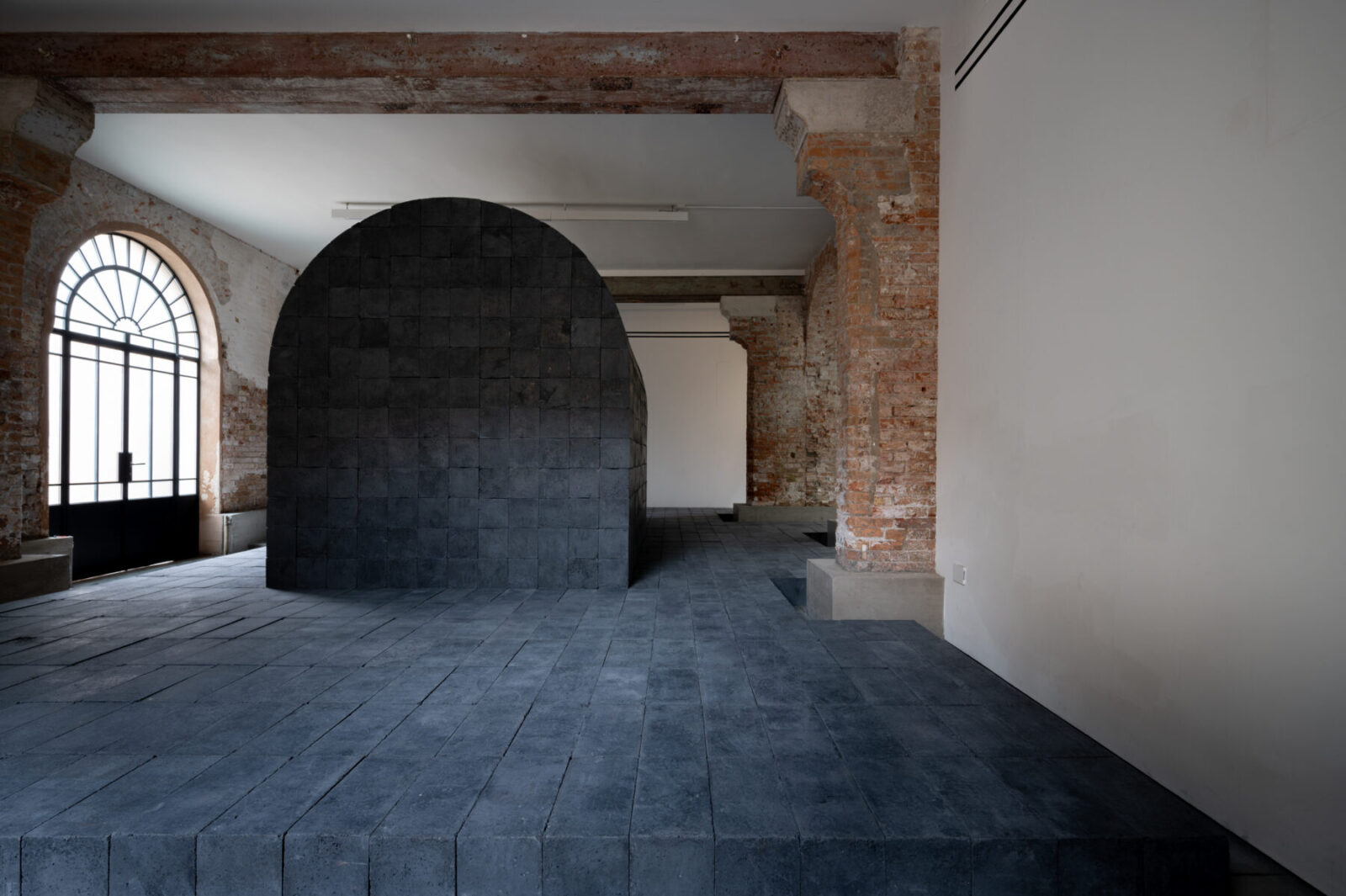
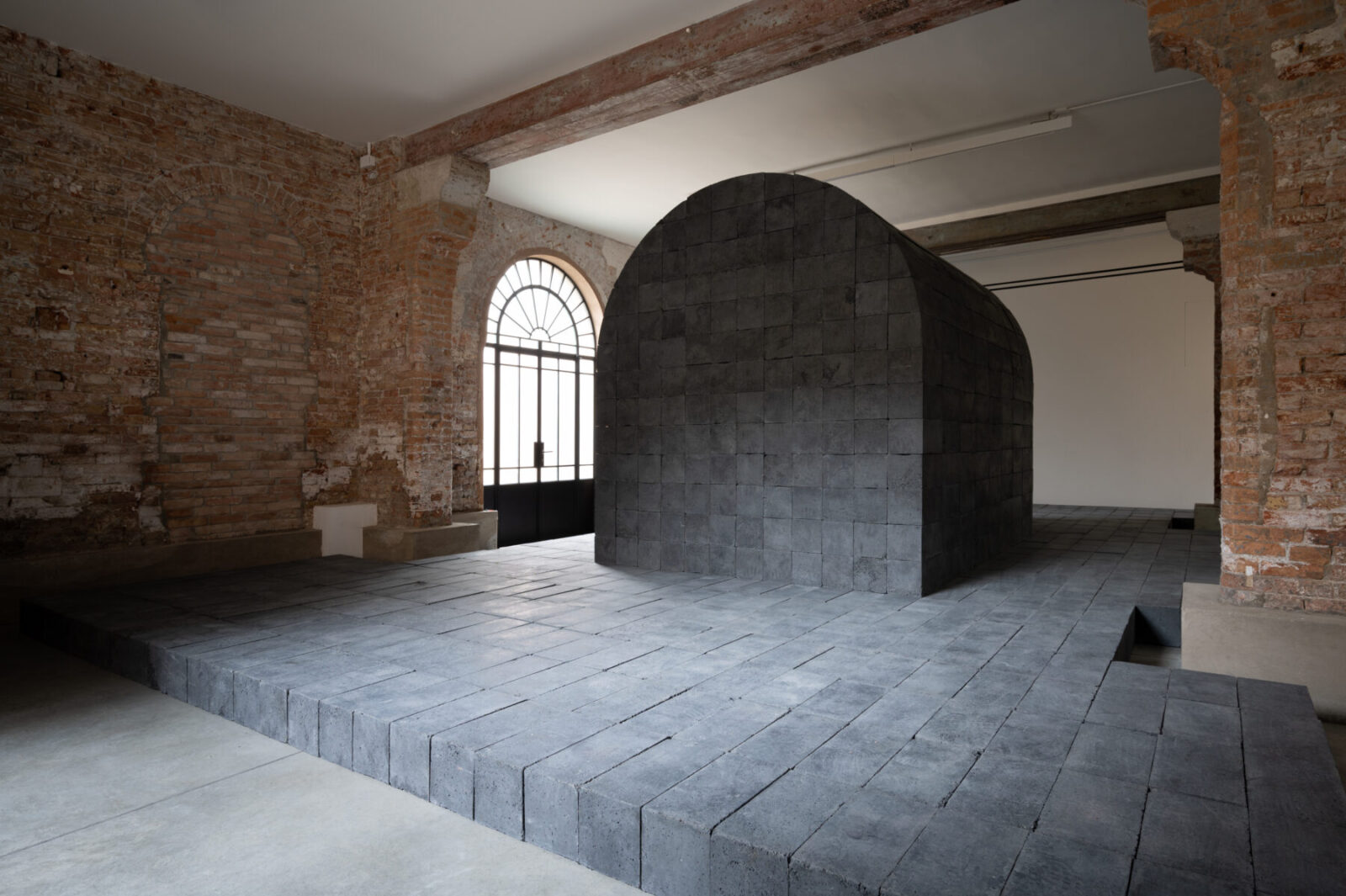
The water has covered the settlements of the Eneolithic age and significant examples of cultural heritage; the Jvaripatiosani church- among them – built in the XII century, is submerged for several months, reappearing during the rest of the year after the water dries up. Apart from climate and seasonal influences, the entire area is flooded and drained according to the water consumption of Tbilisi – peaking in January, February, and March, when the capital city uses more water.
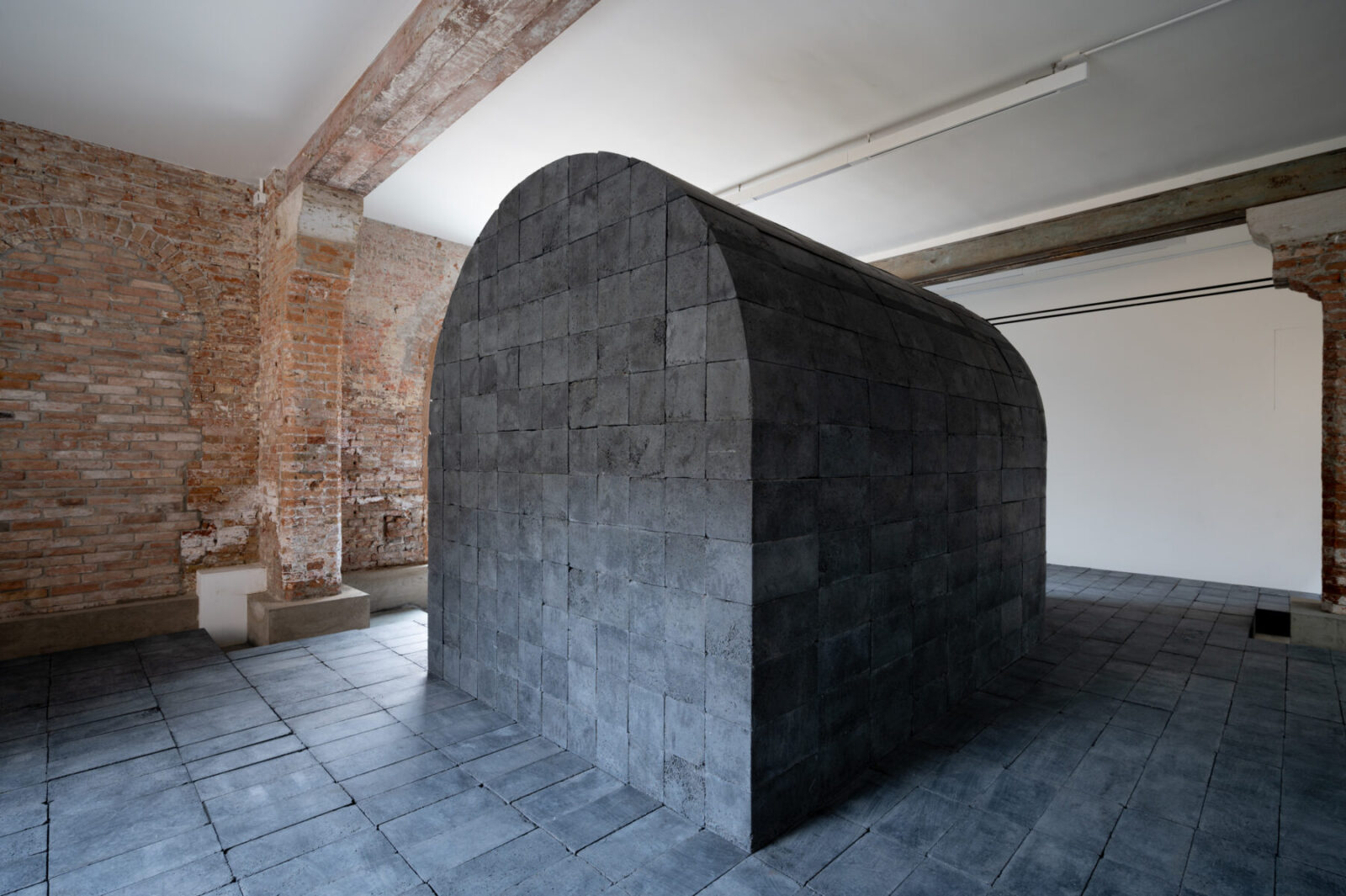
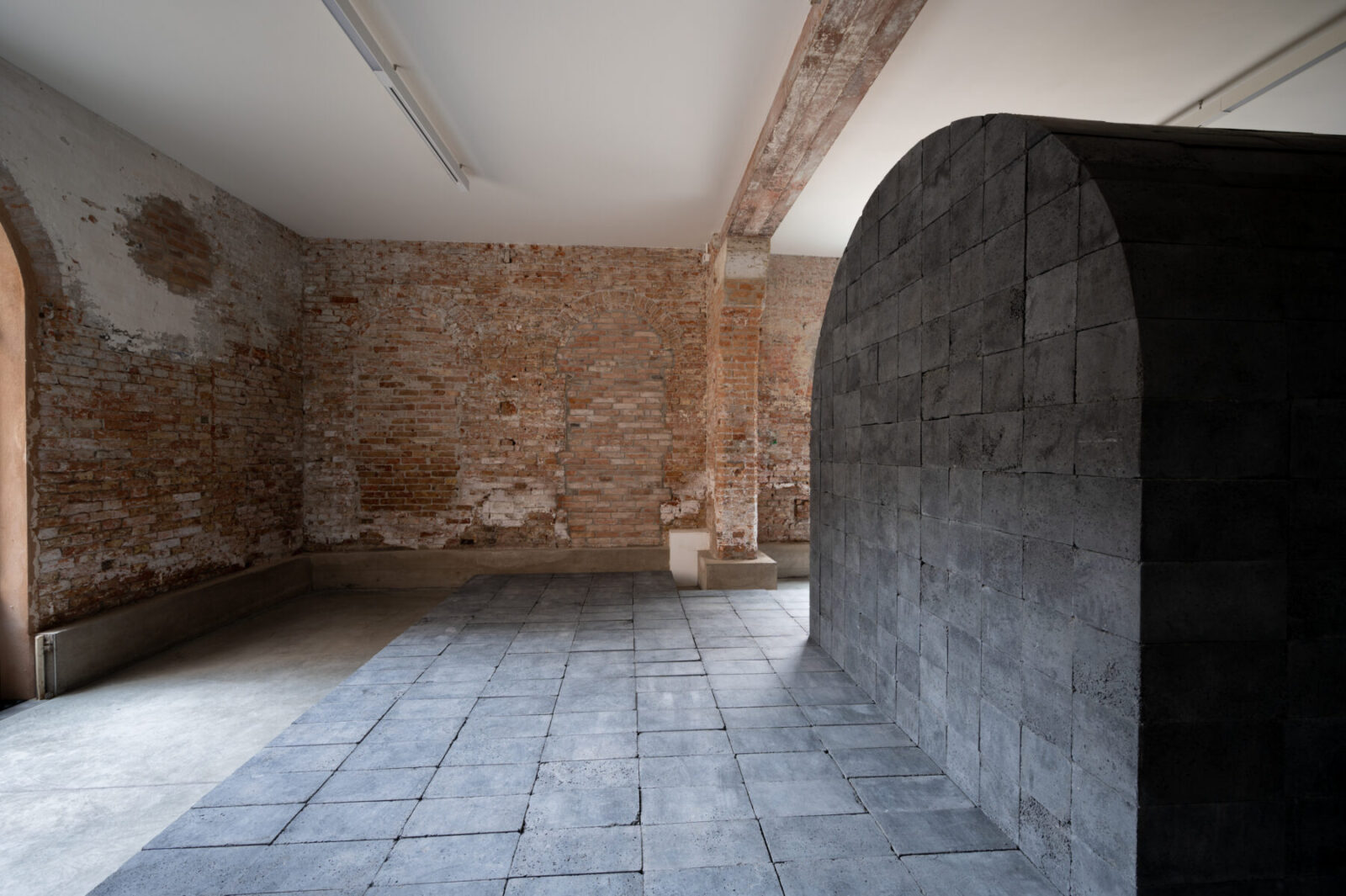
The Pavilion proposes an installation inspired by the artifacts and ancient remains discovered during the research, attempting to reconstruct the spatial memory of the area through one of its primitive archetypes.
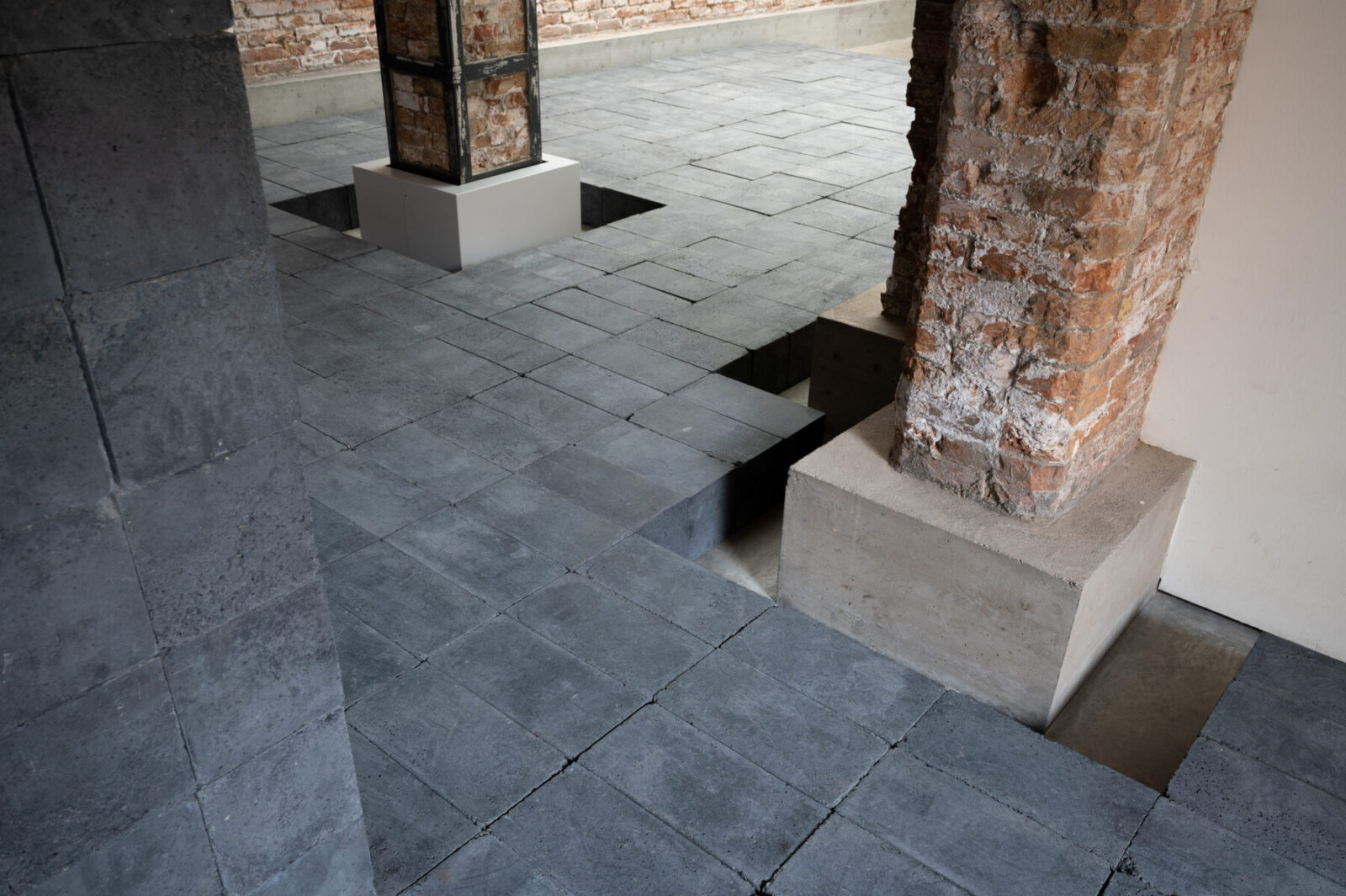
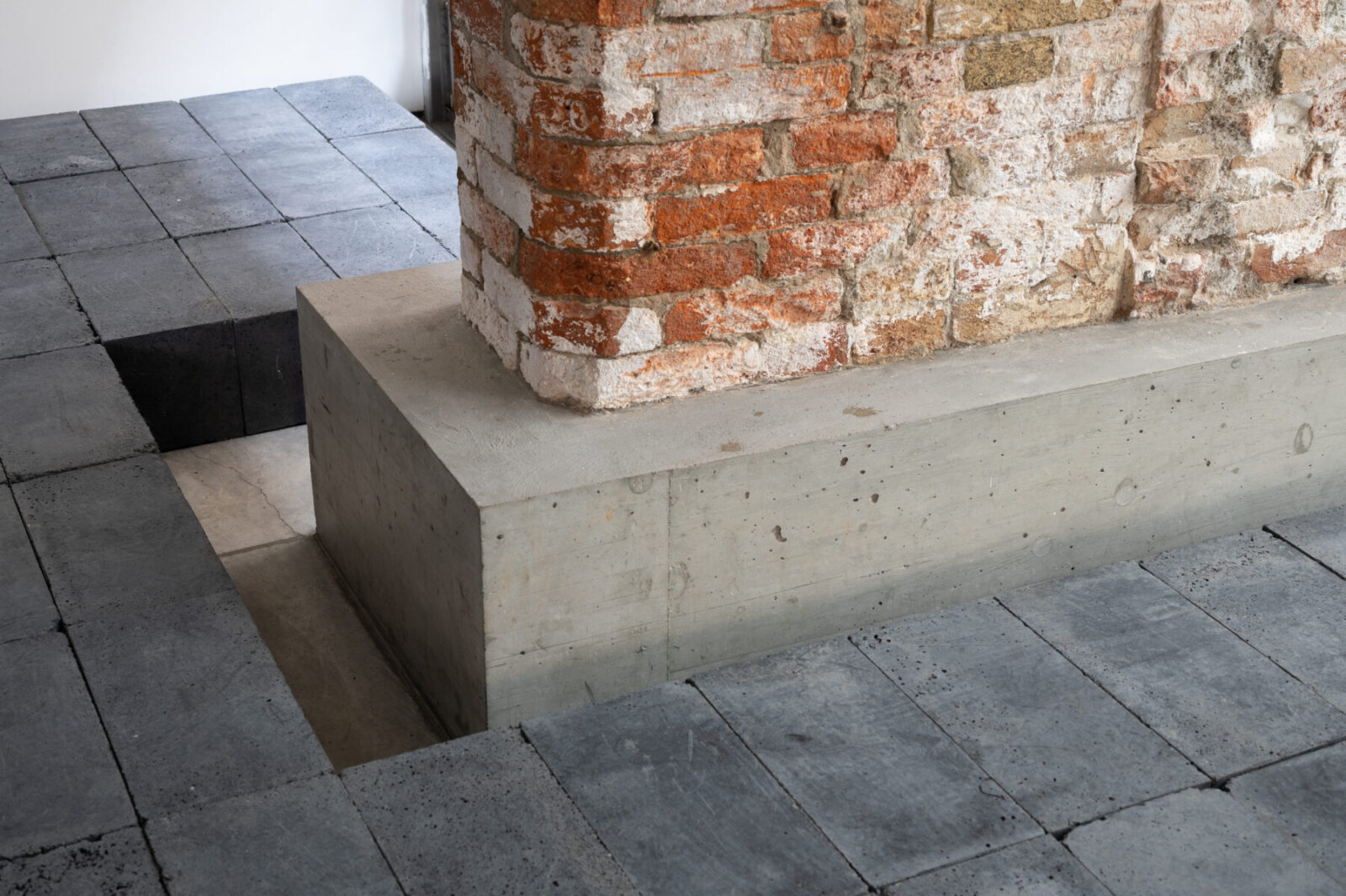
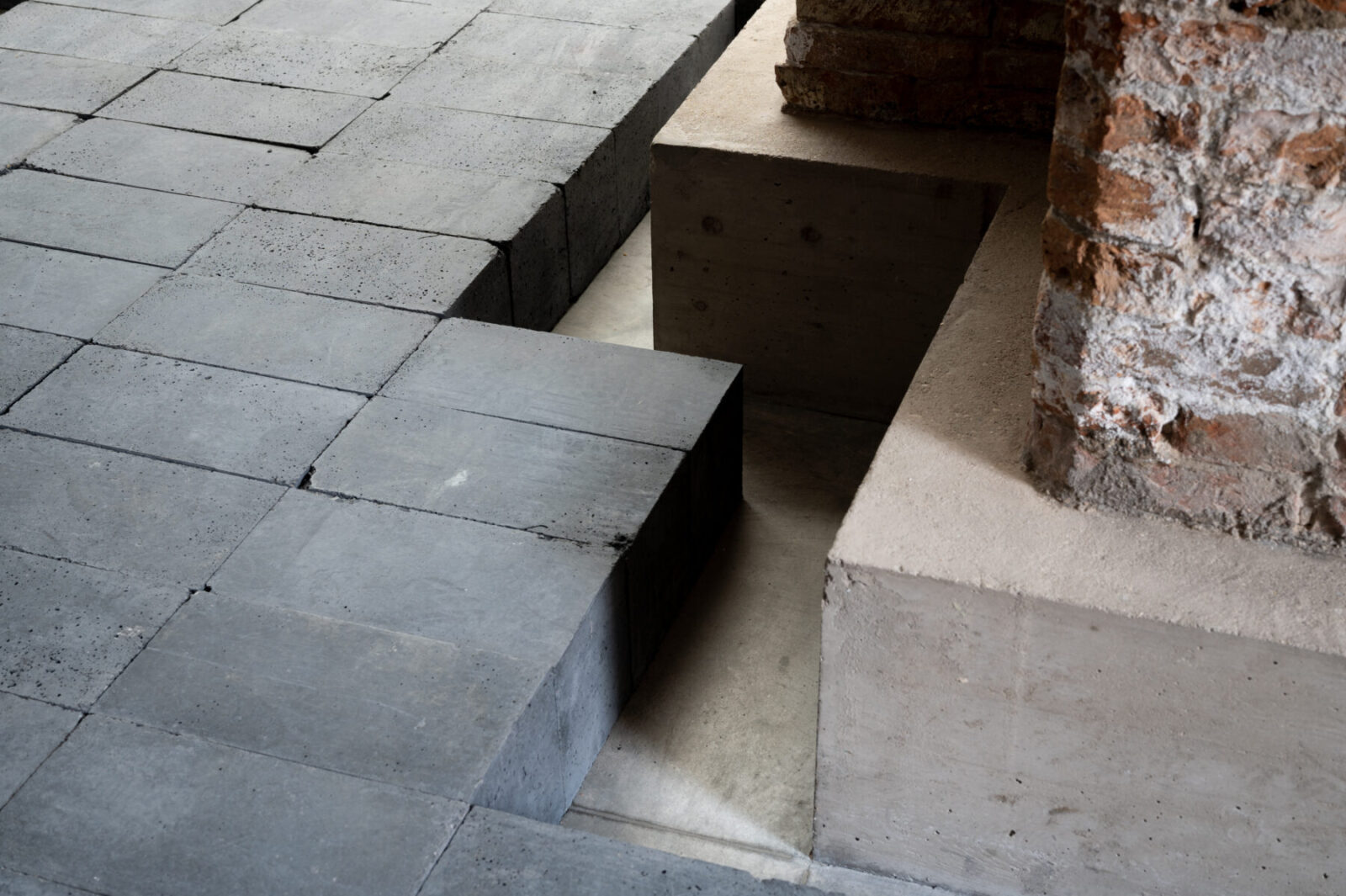
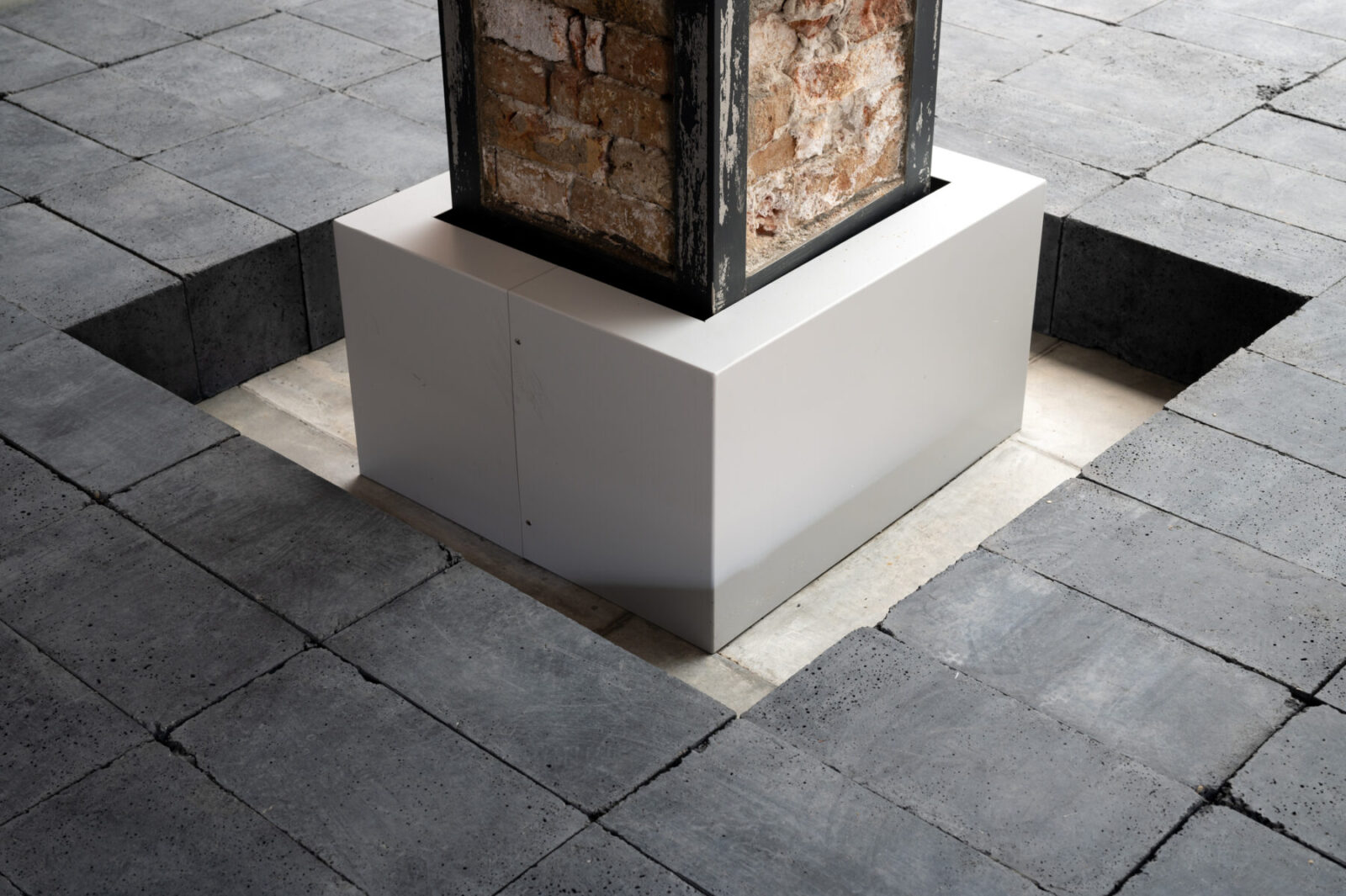
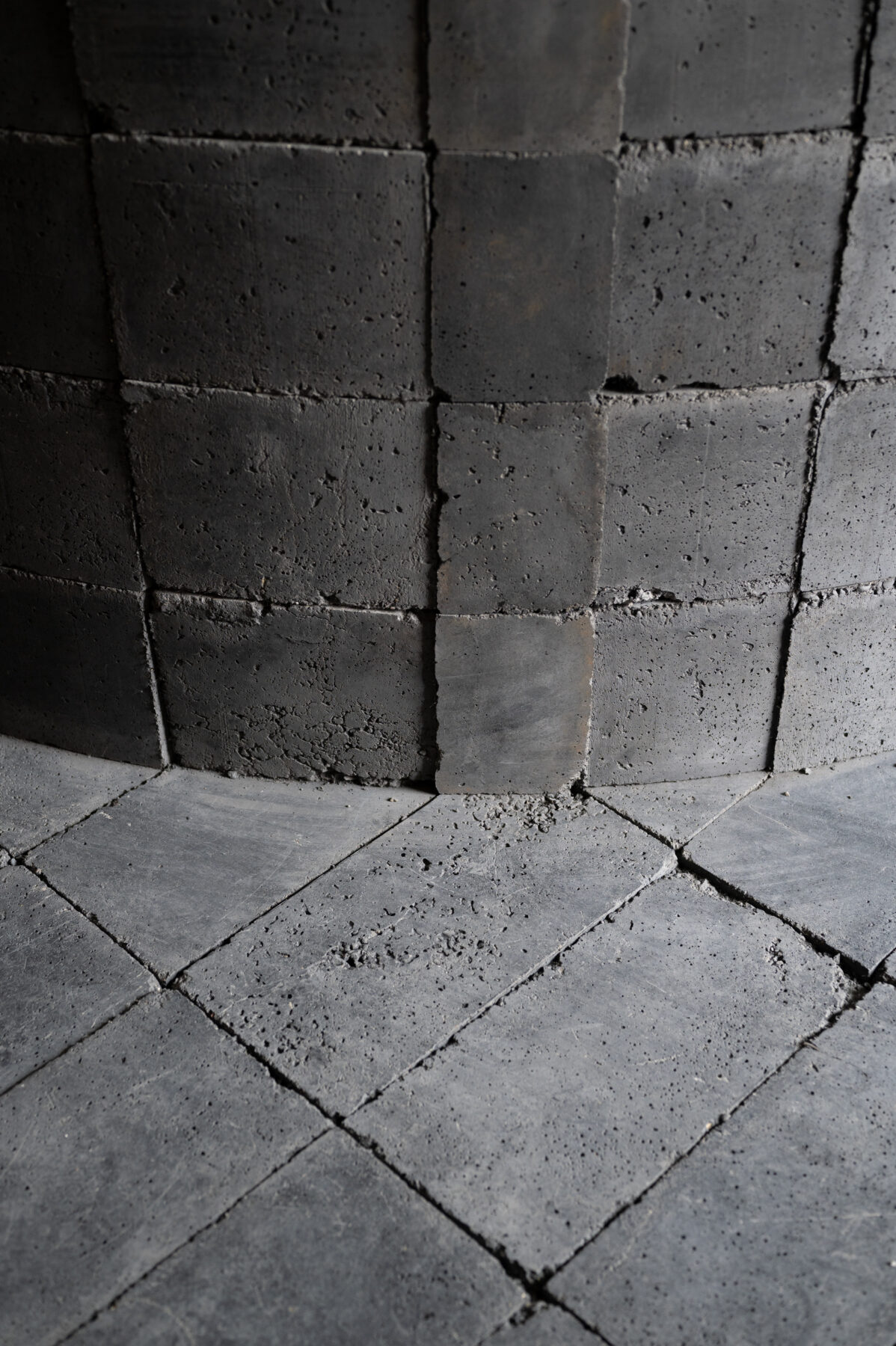
Rectangular building blocks, composed of sedimented river sludge material, cover almost the entire exhibition space, culminating into the room center, shaping the interior of the sunken Jvaripatiosani basilica, offering a negative image of the church – emptiness as a mass.
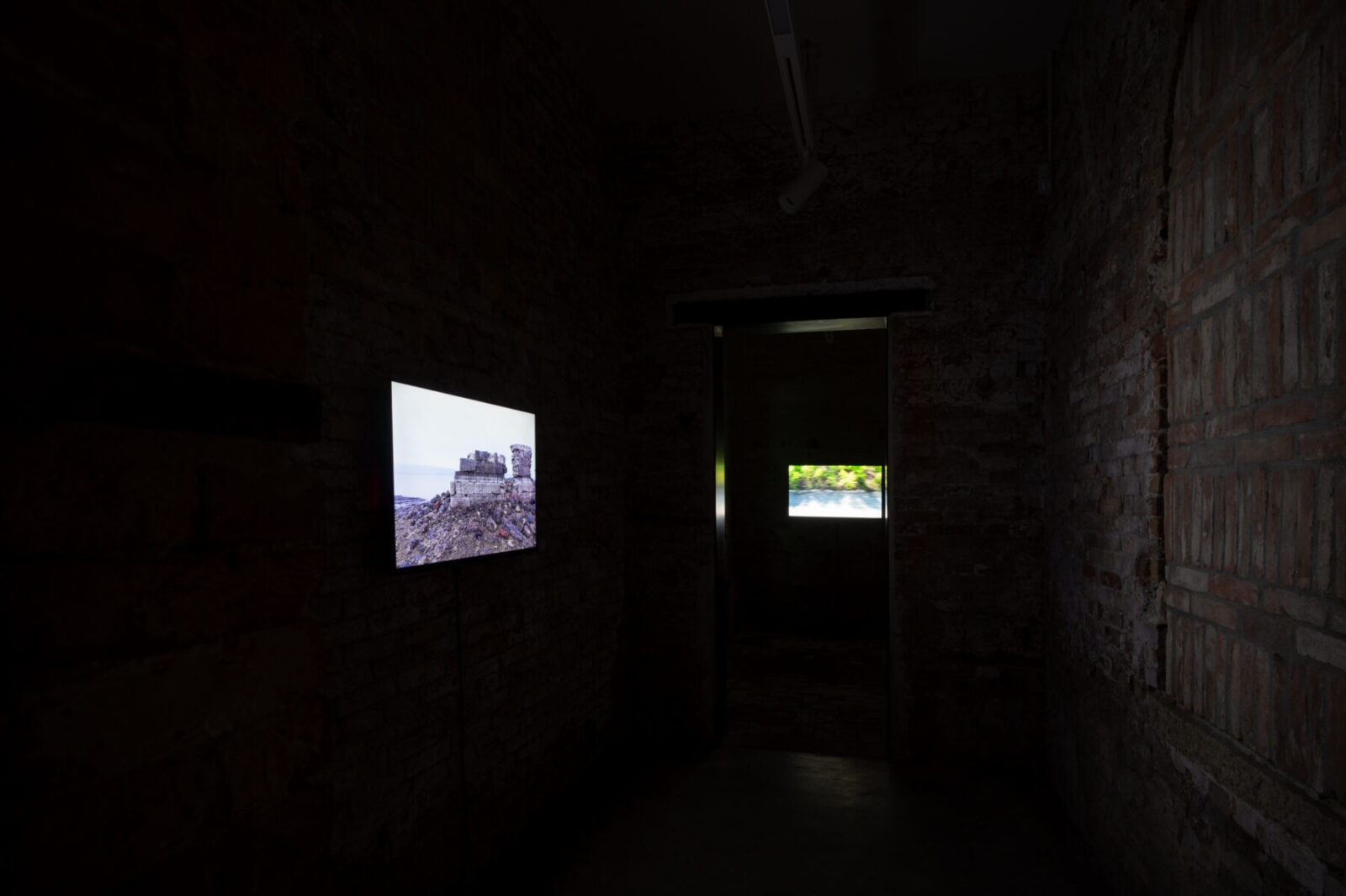
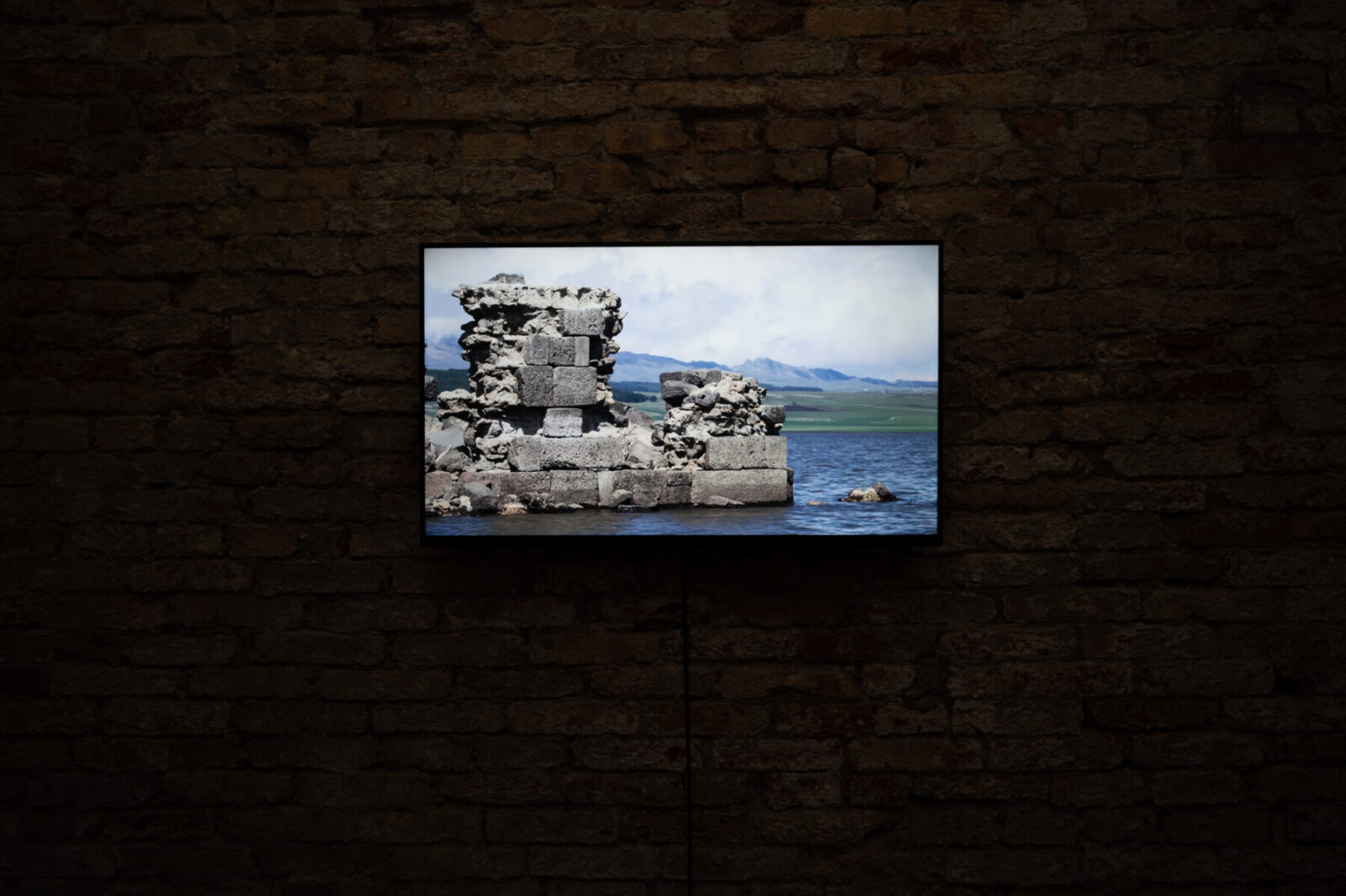
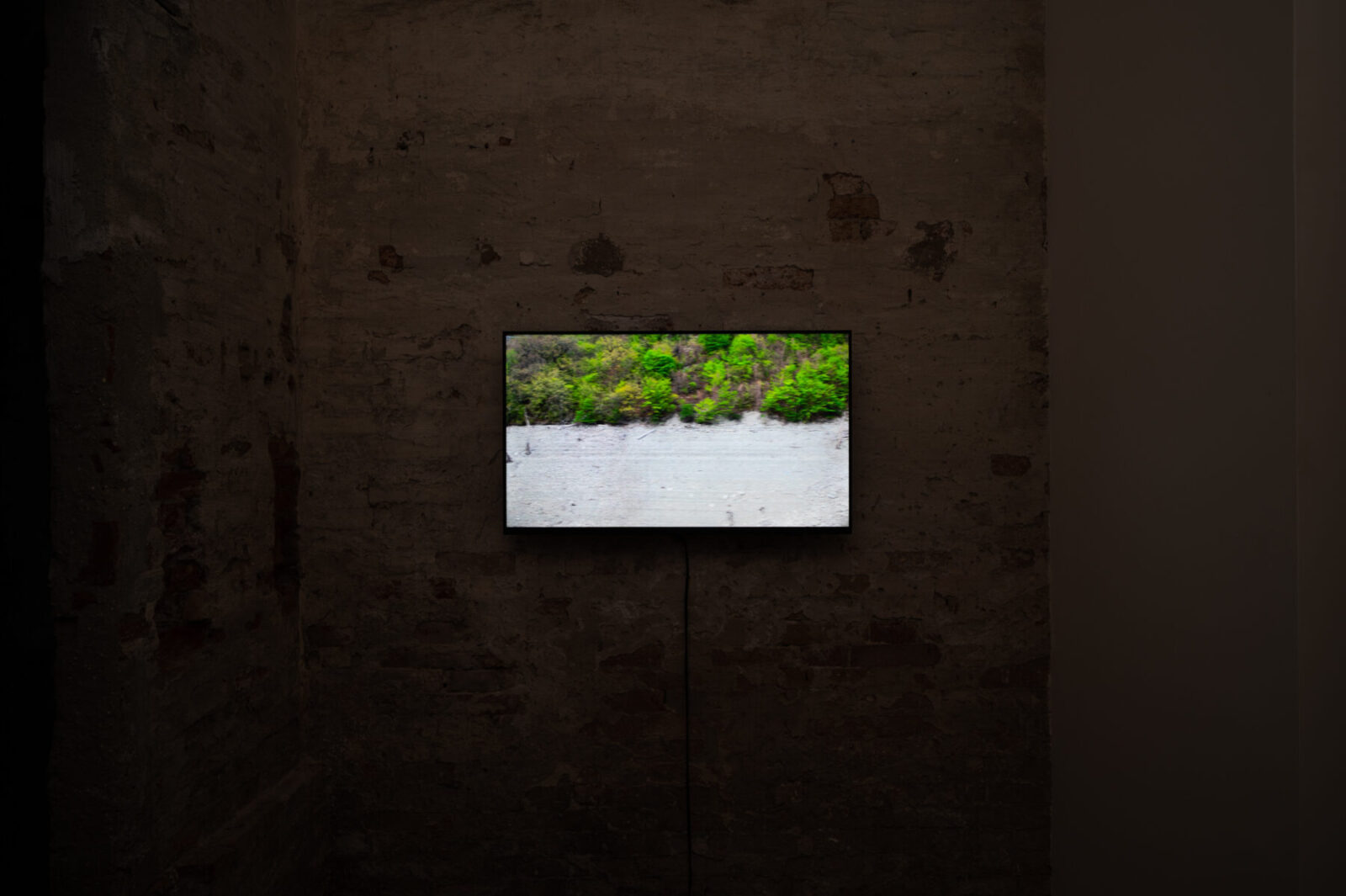
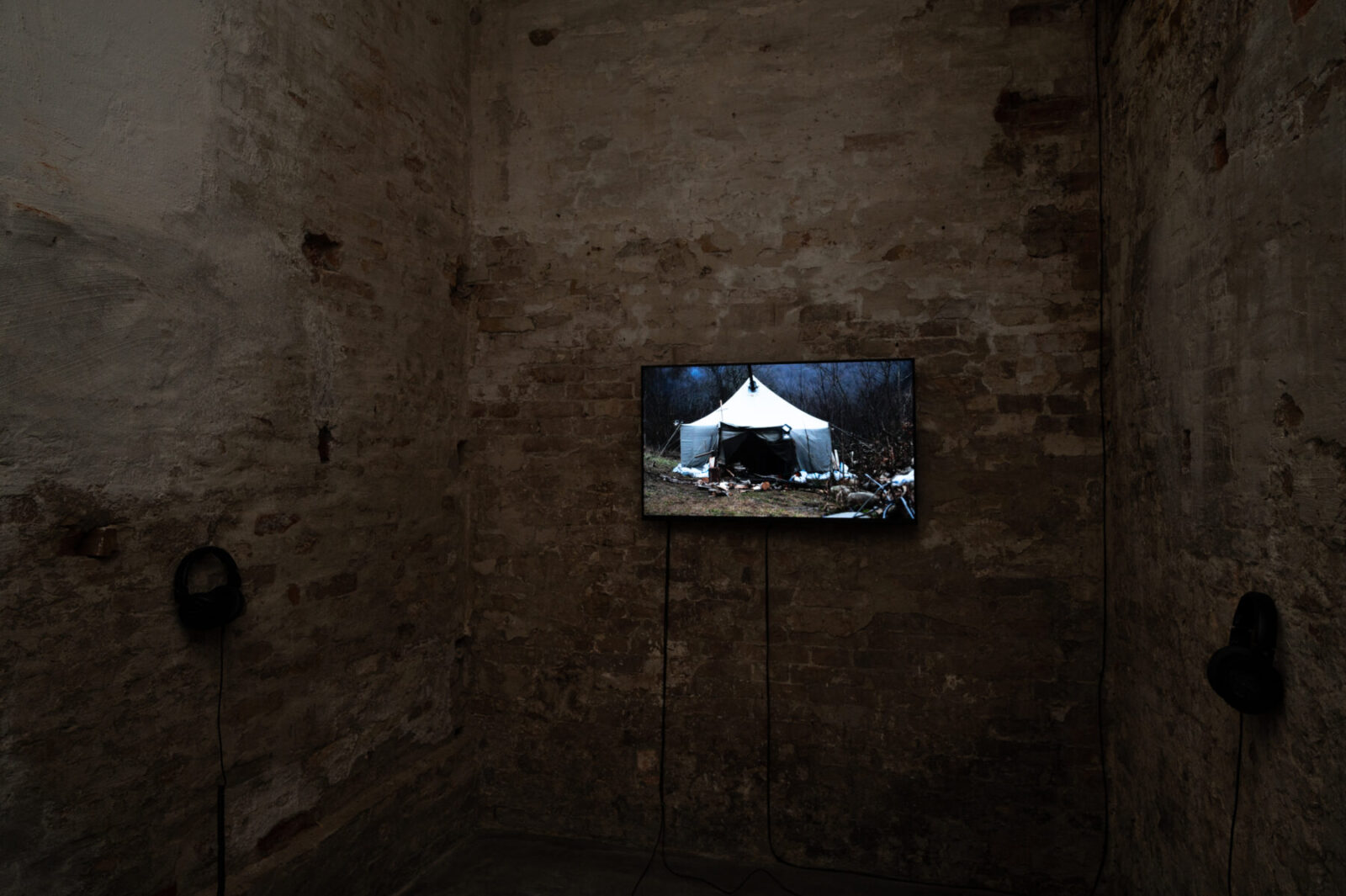
The four rooms of the Pavilion will unite the display of the publication developed during the research, video art and documentary materials.
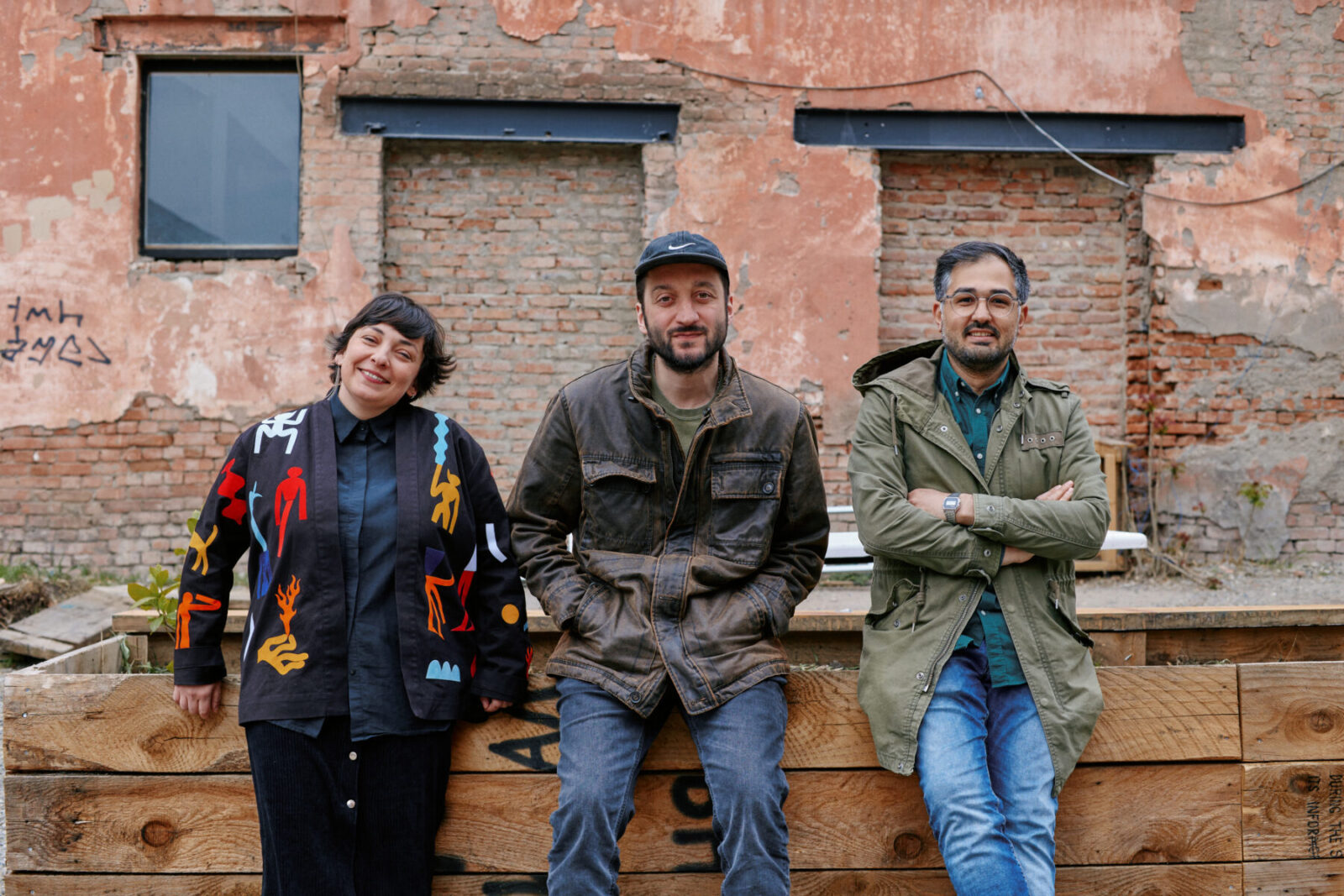
Facts & Credits
Curators
Tbilisi Architecture Biennial was founded in 2017 as a platform unifying local and international professionals. Every two years, it organizes exhibitions, installations, workshops, symposiums, and activities around a critical, timely issue of focus. In 2022 the Tbilisi Architecture Biennial held its third edition, discussing the subject of temporality in urban and social contexts.
Exhibitors
Project Authors Gigi Shukakidze, Otar Nemsadze, Tinatin Gurgenidze.
Project Team Giorgi Vardiashvili, Aleksi Soselia, Stefano Tornieri, Lado Kandashvili, Giorgi Kartvelishvili, Elene Pasuri, Tamar Janashia, Tato Kotetishvili, Giorgi Kolbaia, Mariam Elene Gomelauri.
Image Credits Gigi Shukakidze, Tobias Schmitt.
Commissioner Magda Guruli
With the support of The Ministry of Culture, Sports and Youth of Georgia, Tbilisi City Hall, TBC Concept, ALL-P Group, ALL-P Metal
Exhibition dates 20 May -26 November, 2023
Inauguration 19 May, 5 p.m. – 10 p.m.
Working hours from 20 May to 25 September: 11:30 a.m. – 7:30 p.m.
from 26 September to 26 November: 10:30 a.m. – 6:30 p.m.
Closed on Tuesday
READ ALSO: AKTO + SINGER @ NGFL 2023 | The Event!